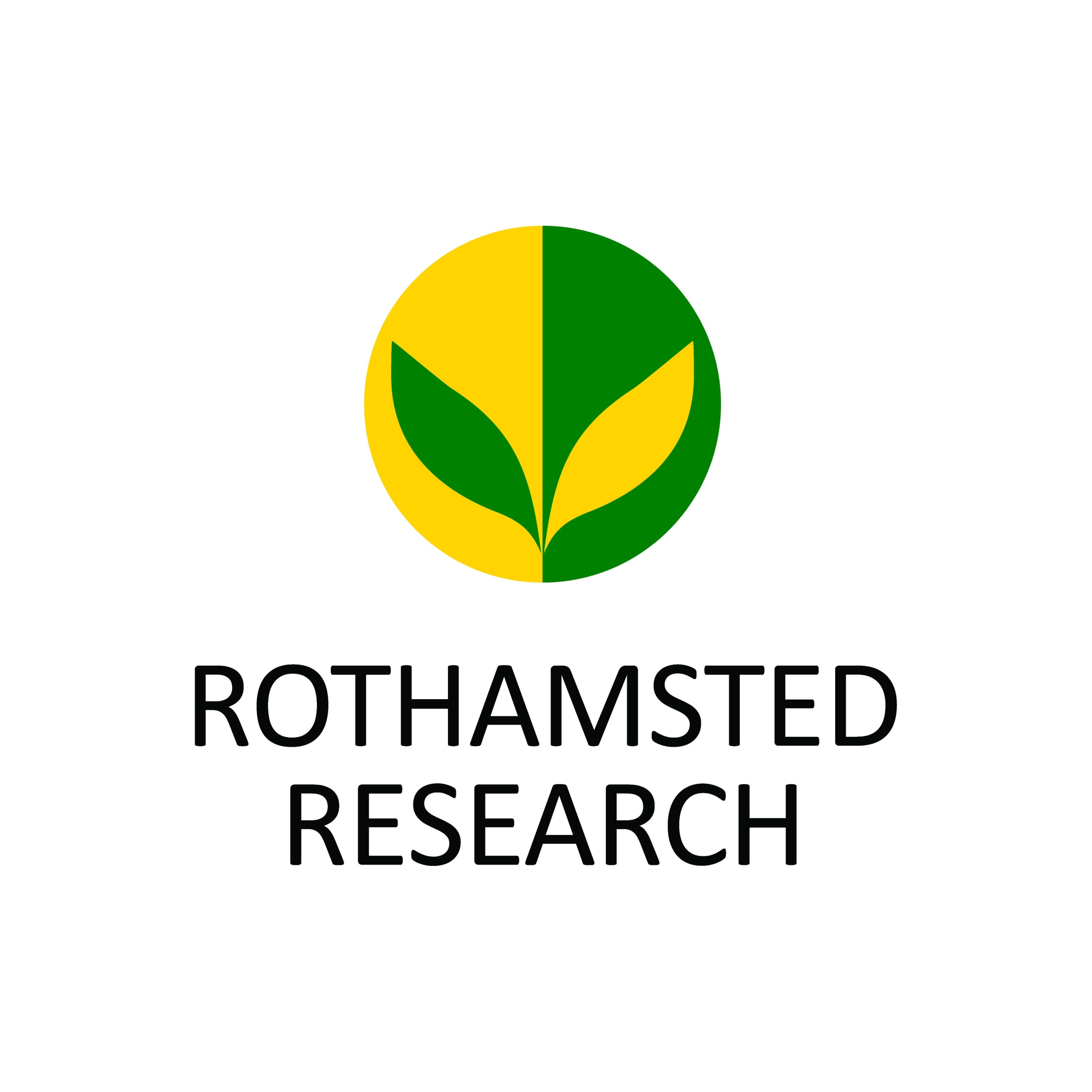
Rothamsted Research
Rothamsted is the longest running agricultural research station in the world. Rothamsted’s mission is to deliver the knowledge and practices to increase crop productivity and quality and to develop environmentally sustainable solutions for food and energy production.
Website:
Rothamsted ResearchPartner Contributions
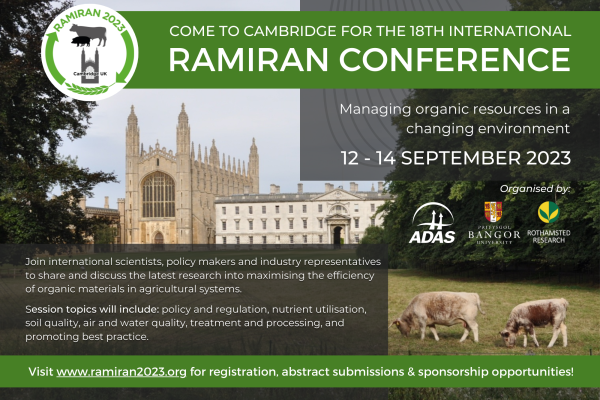
18th International Ramiran Conference
Event
After two years delay, the International Recycling of Agricultural, Municipal and Industrial Residues in Agriculture Network (RAMIRAN) Conference is due to take place in Cambridge from the 12th to the 14th of September 2023
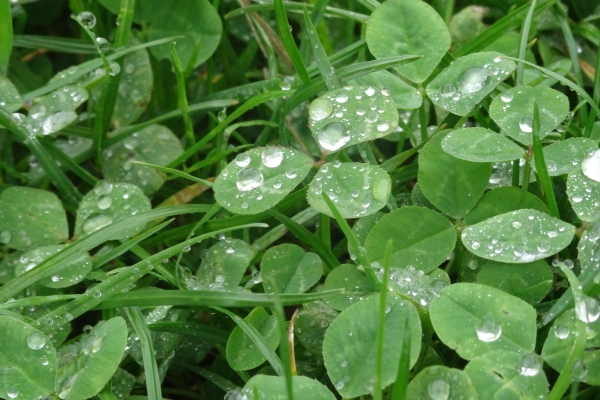
No-till with living mulches – the holy grail for arable?
Resource
This webinar (part of the 2021 Northern Real Farming Conference and hosted by the Soil Association) explores growing a low growing permanent cover crop such as small white clover to help shade out weeds and provide fertility for the rotation.
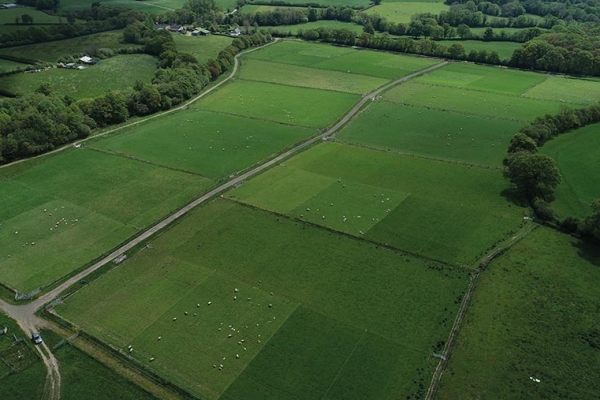
The Potential for Cell Grazing Herbal Leys
Blog Post
Article about interesting research exploring the potential and impacts of cell grazing different sward types.
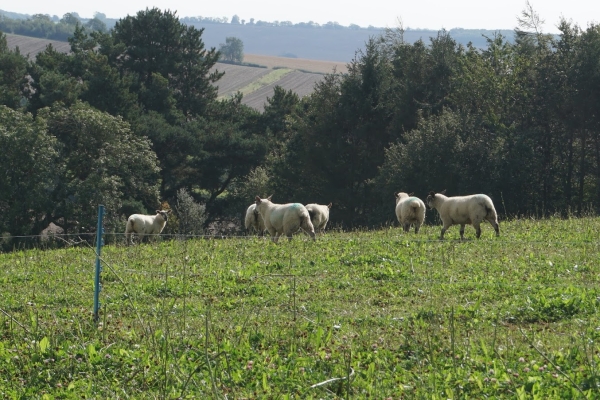
Herbal leys – making the green stuff more nutritious
Blog Post
When we think of a balanced diet, we think of eating a range of foods to give us different benefits. Why should it be any different for livestock? Cattle and sheep also need to get protein, carbohydrates and a range of nutrients from their food, and it’s not easy to get that from a single plant species
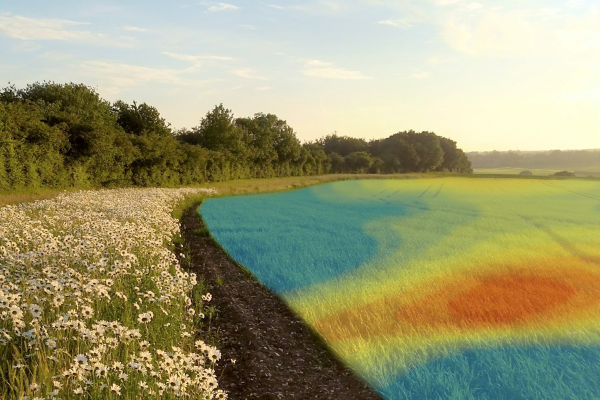
Harvesting combine data to tackle field-edge yield declines
Blog Post
Have you ever wondered what the true benefit of hedgerows, tree lines or flower rich margins are on your crop yield? As part of the EU-funded project Ecostack, I am looking into whether these landscape features are helping improve crop yield
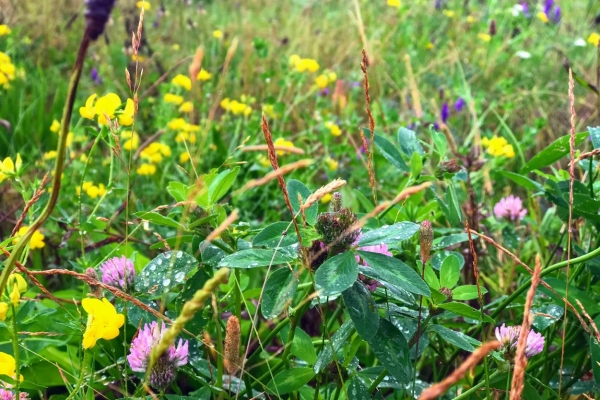
Herbal Leys Virtual Field Day: Parts 1 & 2
Resource
This is part 1 and 2 of a collaborative 2-part series of virtual events exploring establishment, management, soil health, grazing and ensiling in relation to herbal leys.
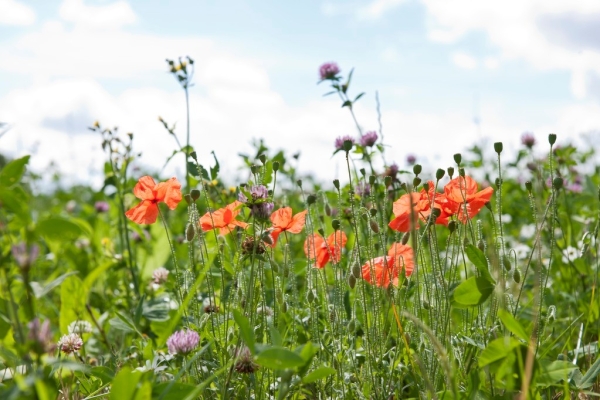
Ecological principles for weed management – steps to get you on the road to making peace with weeds
Blog Post
For a long time, the pursuit of effective agricultural weed management tools and strategies was framed as ‘the war on weeds.’ We developed increasingly merciless mechanical and chemical weapons to rid our fields of unwanted greenery, striving toward a vision of pure crops from horizon to horizon.
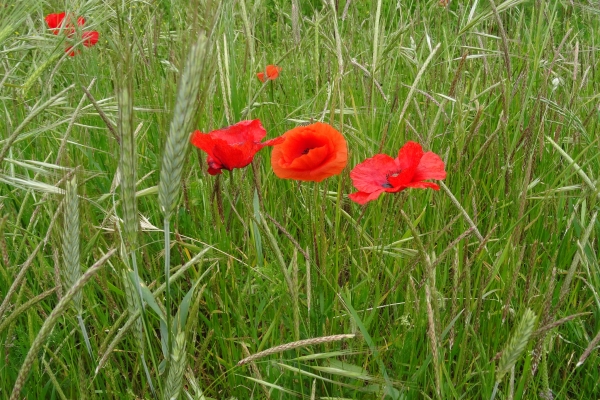
Chloe MacLaren – Making Peace with the Weeds
Resource
Presentation and video footage recorded at the ORFC 2020 session on 'The future of agroecological weed management.' Chloe MacLaren shares the latest developments in weed ecology and new insights into the potential for more weed resilient systems.
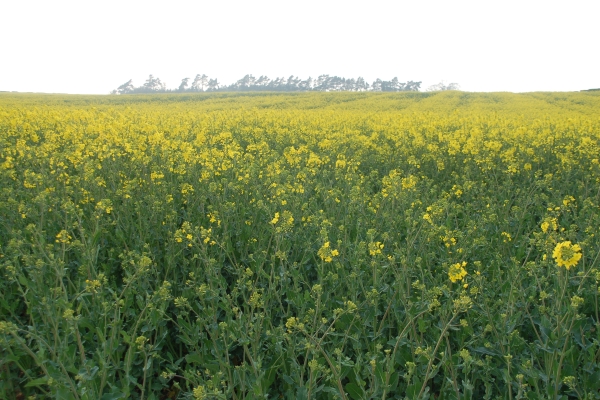
Blowing in the wind: forecasting pathogens to improve phoma and stem canker control
Blog Post
Jon West discusses how weather-based forecasting can determine the timing of fungicide use to improve phoma and stem canker control
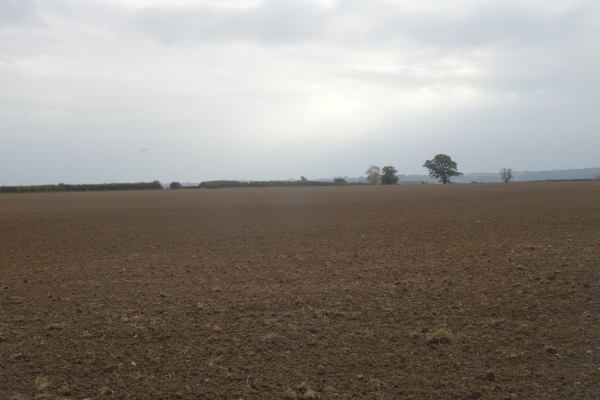
The effects of reduced tillage practices and organic material additions on the carbon content of arable soils
Resource
A report summaring results from a review which looks at the extent by which reduced tillage practices and organic material returns could increase the organic carbon content of English and Welsh arable soils.
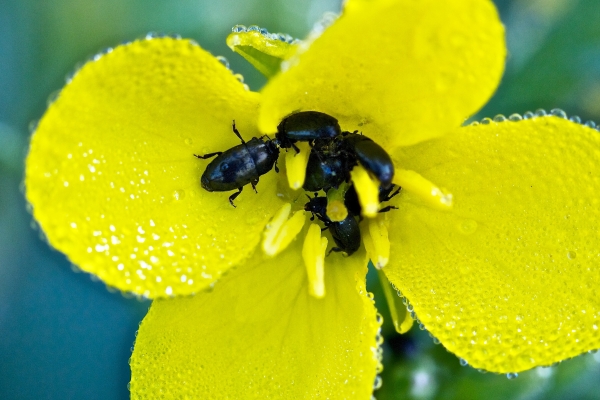
Prospects for improved off-crop habitat management for pollen beetle control in oilseed rape
Resource
Paper looking at factors that influence the abundance of pollen beetle and damage to oilseed rape and how habitat management may improve pollen beetle control.
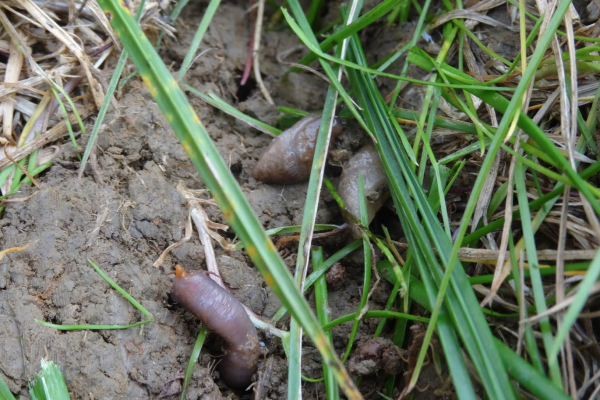
World Worm Week 23rd – 31st March
Blog Post
in this short video soil scientist Dr. Jackie Stroud from Rothamsted Research explains why it is important to get involved and covers basic guidelines to identifying common earthworms.